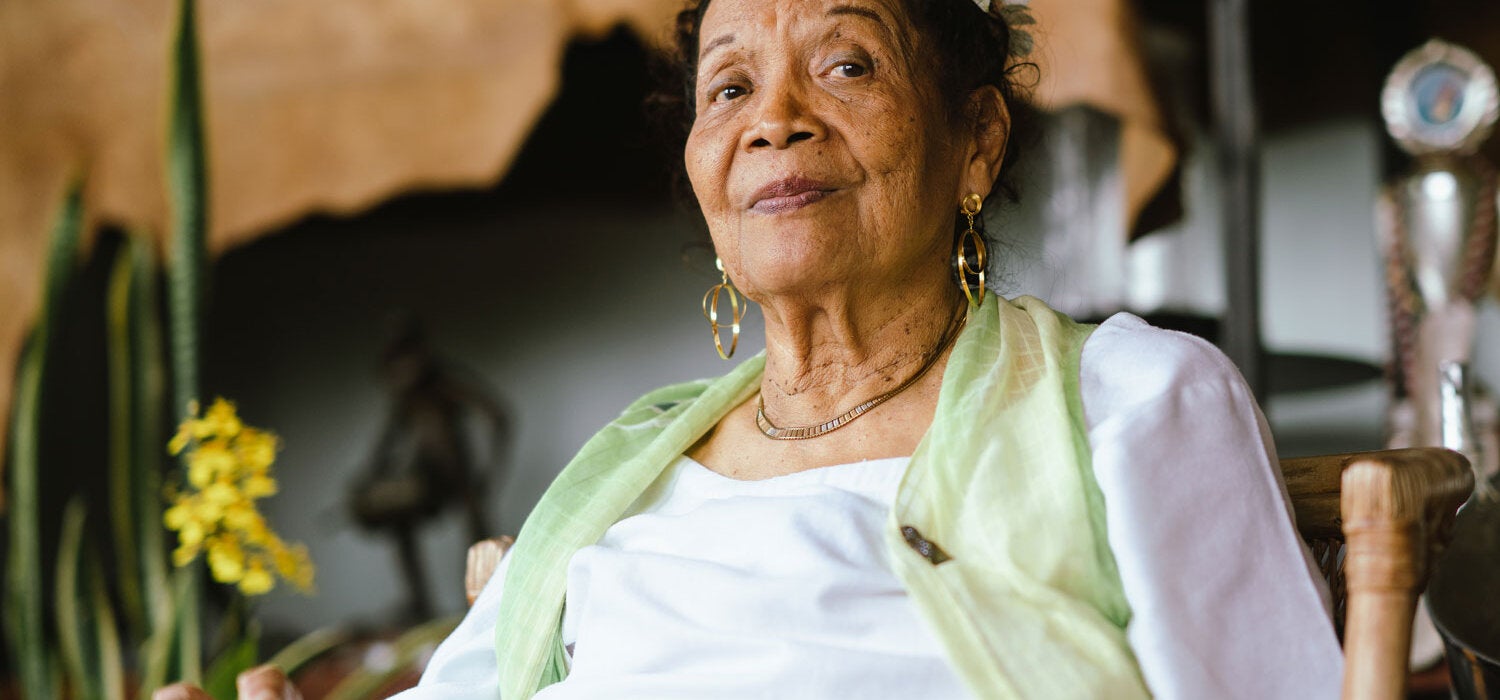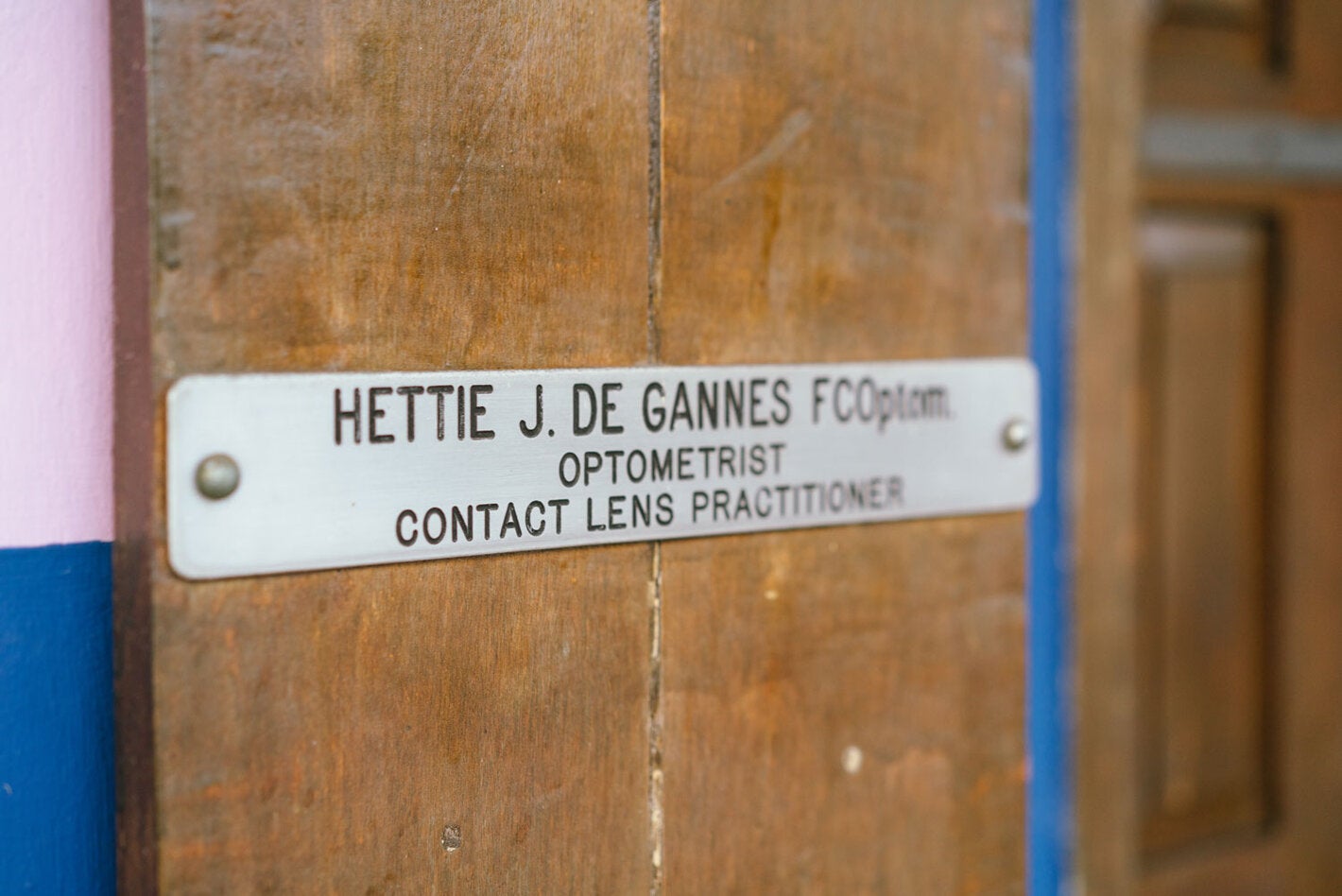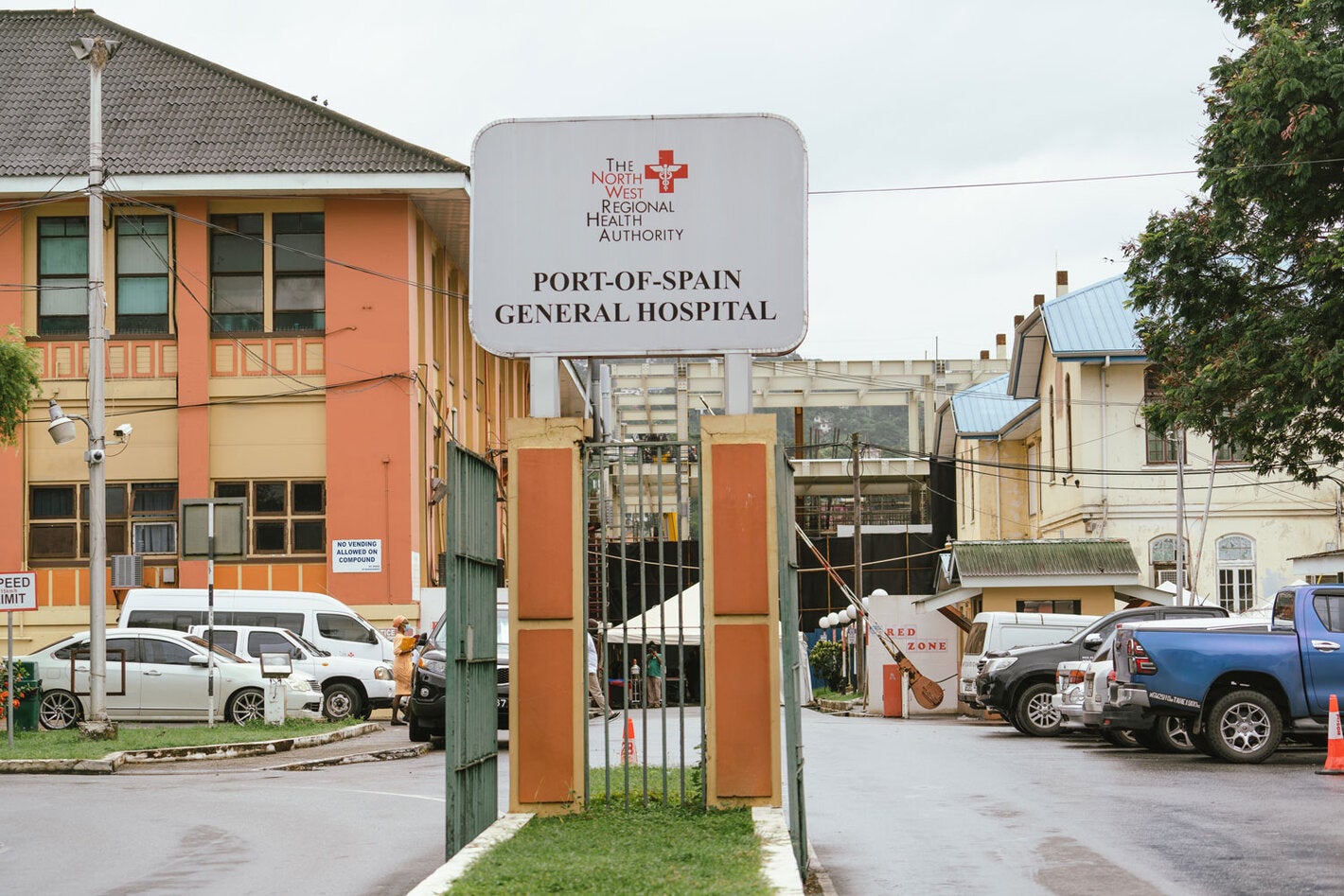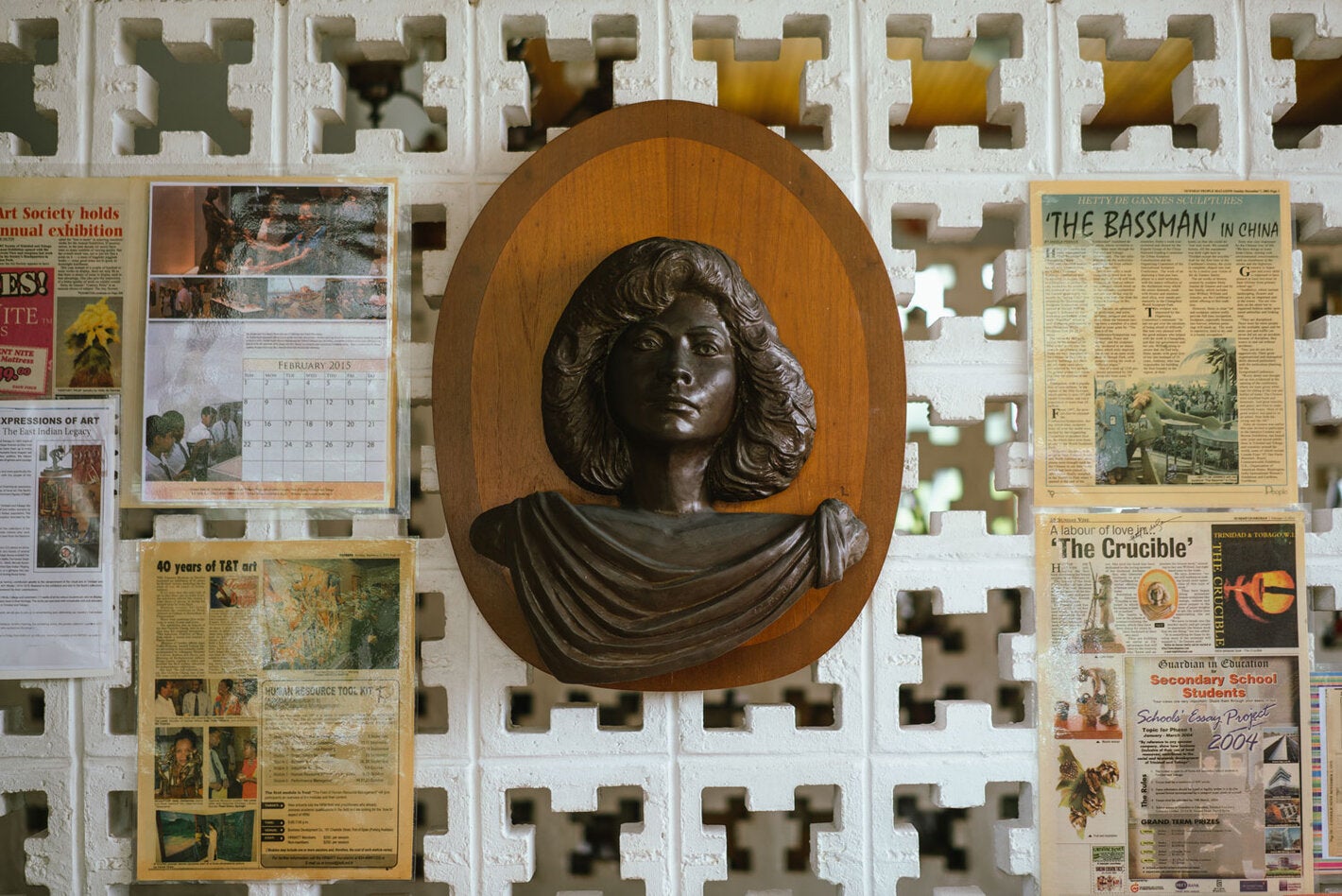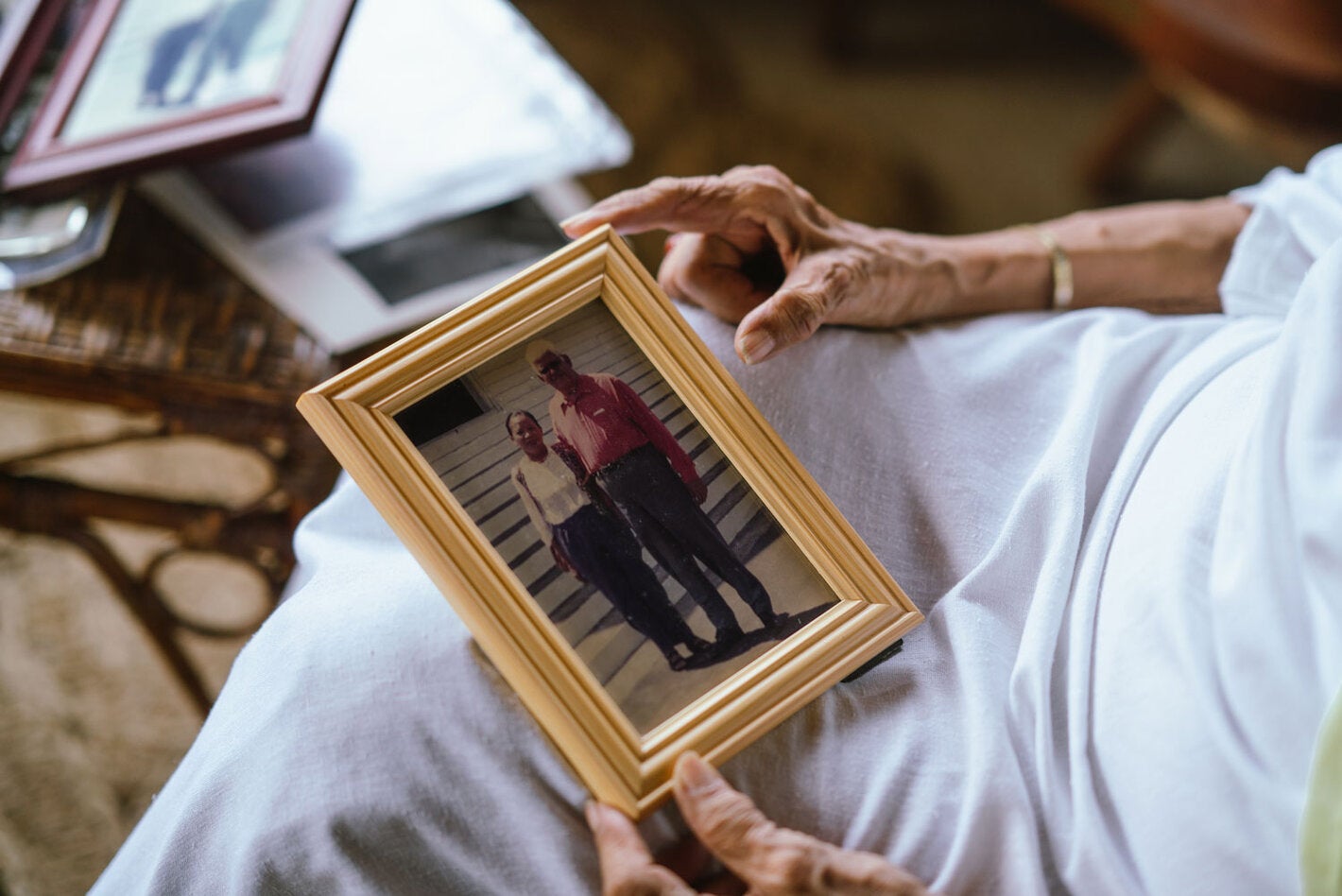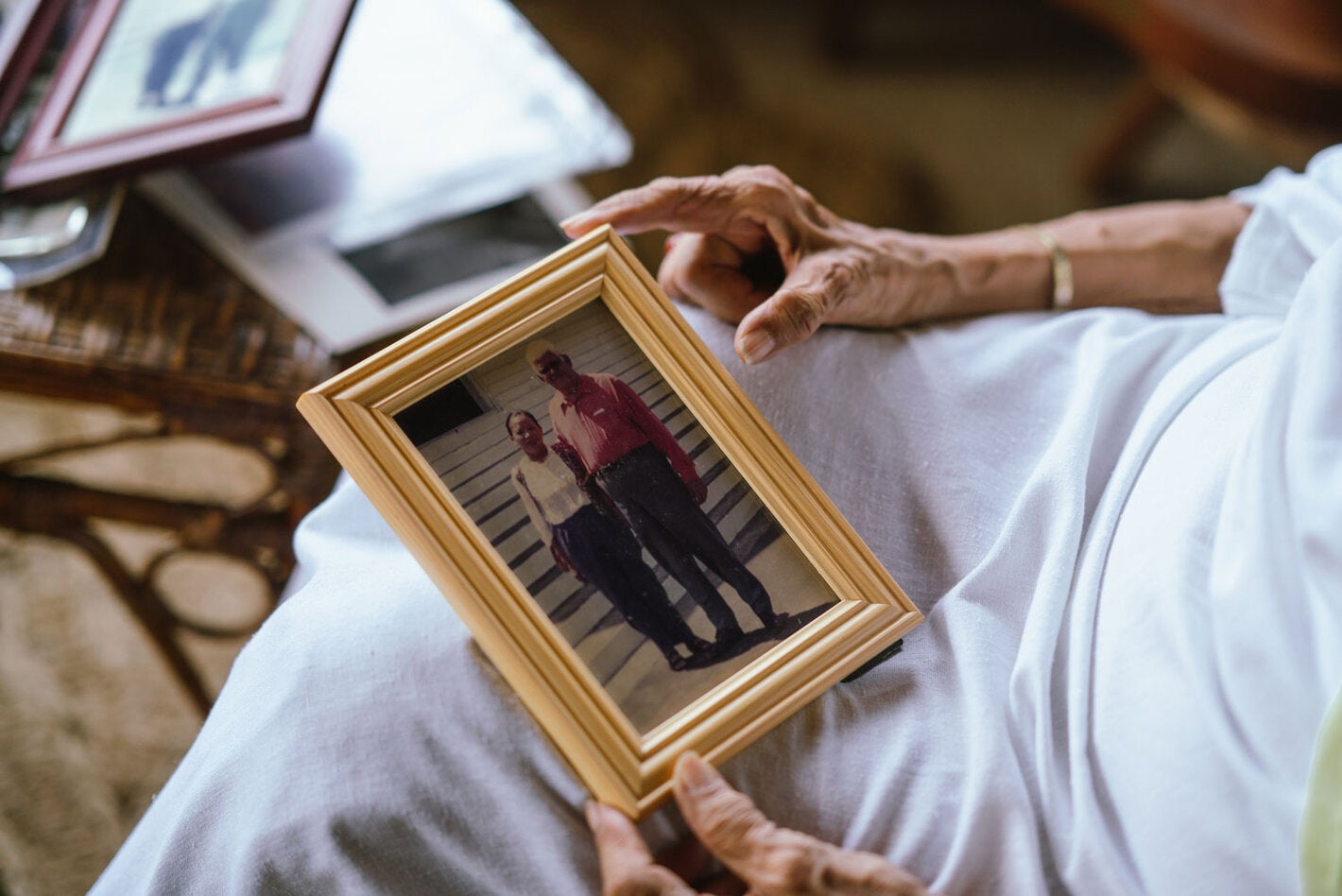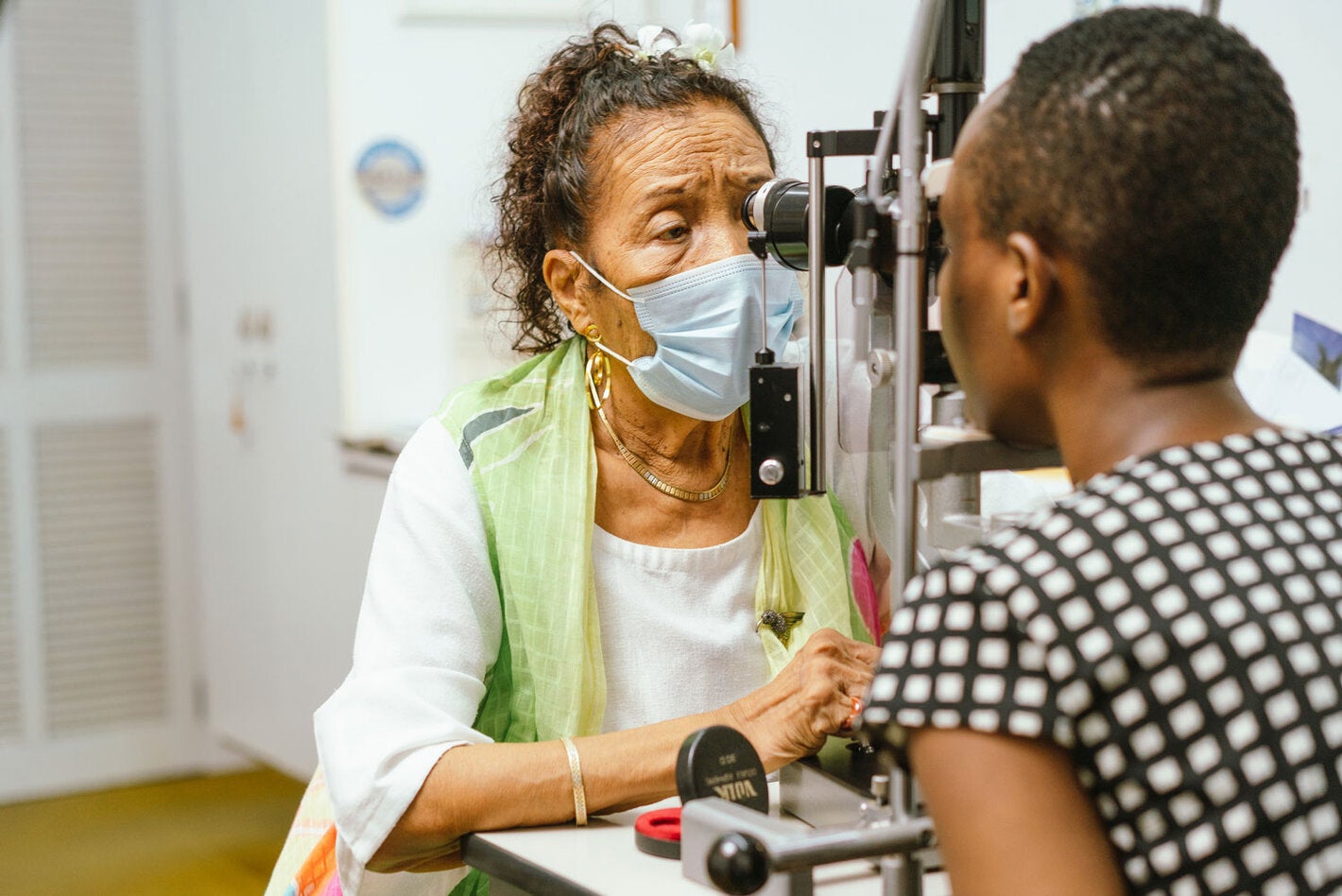Sculptor, musician, optometrist, mother, grandmother, polio survivor. Hettie Juanita Mejias de Gannes is as multi-faceted as one of the rare orchids her son Antonio cultivates on the family farm.
— November 2021 —
At seven years old, Hettie contracted polio in her hometown of San Fernando in the 1942 outbreak in Trinidad & Tobago. Long before polio vaccines were created in 1955, between 1941 and 1942 , there were 209 cases of polio in Trinidad. Some children died and others were left partially paralyzed.
“I was almost completely paralyzed. Luckily, my father was a medical doctor and took care of me at home. My two sisters had to be boarded out to friends to avoid getting the disease,” Hettie recalls.

